QFT.
Late Spring is maybe the saddest of the Noriko trilogy for me. Also, Ozu actually moves the camera!
I agree. Most of Ozu's films are variations on a familial theme, so they're all equally moving, but for me, the story in
Late Spring is better than
Tokyo Story.
Absolutely disagree. NCfOM is pretty overrated for being totally out of the Coen's style and thus extremely uneven and awkward at times. TWBB is as fascinating as it is well made.
No Country for Old Men could not be any more
in the Coen Brothers style. Think of
Fargo with its study of a particular town, how it focuses on nuances of the citizens' speaking style, humor, and entire disposition. This is exactly what the Coen's do in
No Country. They study the mannerisms and idiomatic expressions from a specific West Texas town and are deliberate in their presentation of these common characters.
Beyond that, the characters are all motivated by the MacGuffin that drives virtually every Coen Bros. film --money. One person steals it, bad people kill others while searching for it, and a clever, sympathetic cop is on their tail.
Also,
No Country for Old Men is, in my opinion, a completely flawless movie. The pacing is perfect, the shot placement is perfect, every shot in every scene is sustained for exactly as long as it needs to be, and never more. Roger Deakins' cinematography is beautiful, as always, and the performances of Javier Bardem, Tommy Lee Jones, Josh Brolin, and especially Kelly MacDonald are all exceptional.
Above all, the editing of "Roderick Jaynes" is just about as great as in any movie ever. Look at the sequence of shots in the scene in the motel when Josh Brolin hides the suitcase in the vent, when Javier Bardem goes through the room to test how thick walls are and get a feel for it, then returns and kills the Mexicans, and uses the dime to open the vent. Or the scene in which Chigurh finds Moss' hotel room and we see his shadow behind the door, Moss gets the lock shot into his stomach, jumps out the window, and the scene moves into the street, where the shootout-one of the most realistic and engaging I've seen-occurs.
This is a better film than
Fargo. That is another absolutely flawless movie, but it sometimes falls too far into absurdity to take seriously. The Coen's really love these characters, but they seem to also make fun of them a lot. There are jokes here only when they fit the story. This is a more serious film with a more compelling central character in Lee Jones' sheriff than Marge Gunderson.
If anything,
There Will Be Blood is awkward and uneven at times, with scenes that go on too long, indulgent shots, and pacing that at times is at times quick and at times crawls at a snail's speed.
...and it wasn't even on my list. I'll have to take out something and replace it with this movie, I guess.
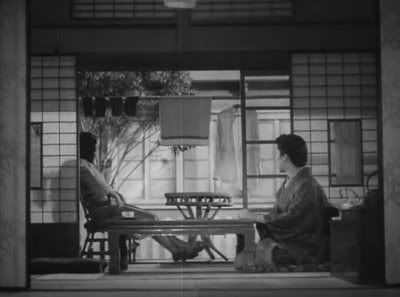
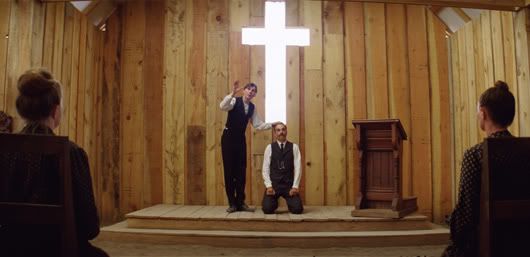



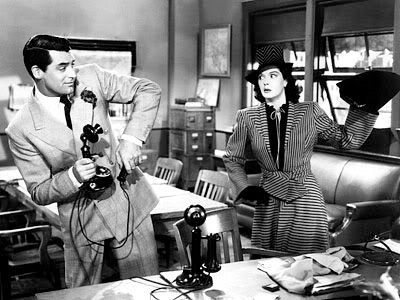
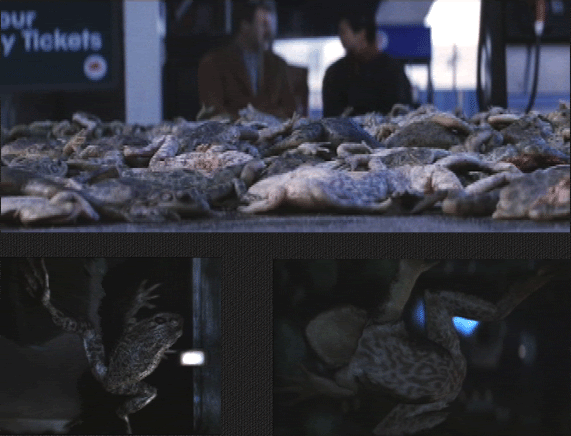
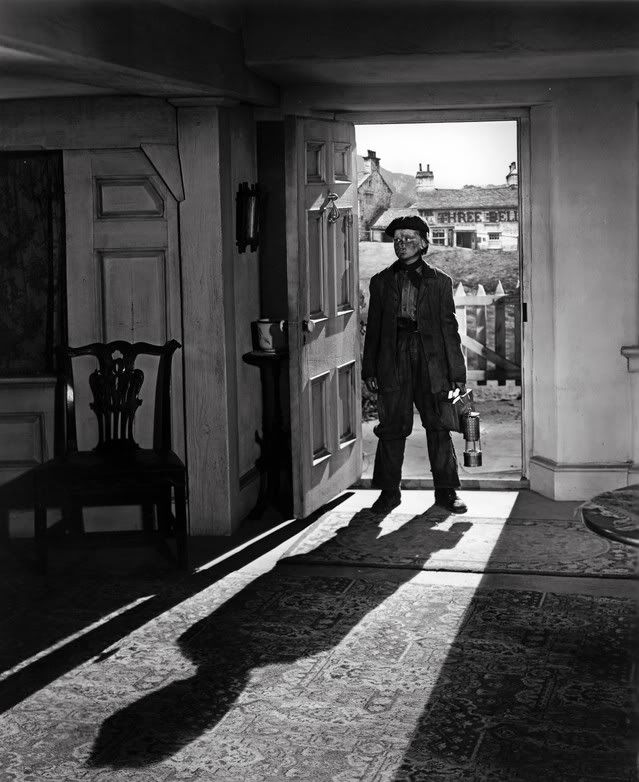
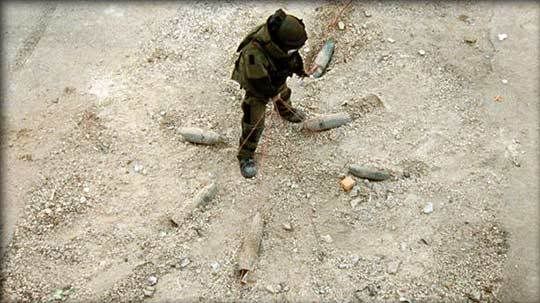
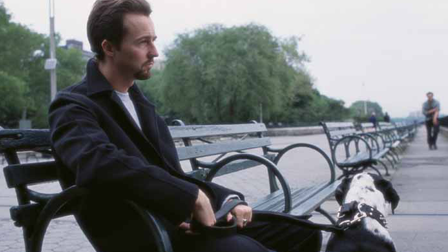
 Another 40s fail for me. I'm sure it's awesome.
Another 40s fail for me. I'm sure it's awesome. 